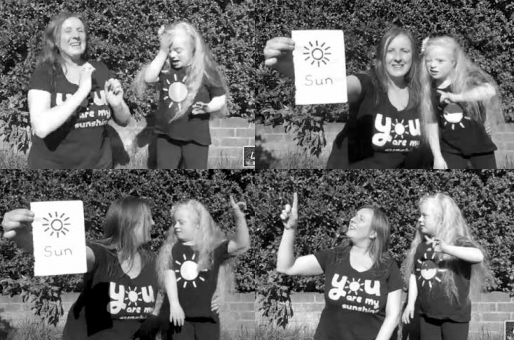It’s very unpopular within the learning disability commissioning sector to say anything bad about supported living. Commissioning strategies across the land inform us that local authorities no longer commission old-fashioned registered care for people with a learning disability. Supported living is the way forward, with everyone having their own tenancy and the illusory loads more money. But scratch the surface of this and you generally discover gaping holes in knowledge about tenancy law, registration, management agreements and tenant choice.
In many cases, people end up more vulnerable, with fewer housing rights and often with less control over their money than they had over their (albeit tiny) pocket money in the care home. I recently heard of a woman with reasonably high support needs who was living in a flat on her own without a tenancy, funded by the local authority, not paying rent and supported by staff in a nearby care home. The local authority had been paying for this arrangement for years, assuming but not checking that it was a supported living arrangement. She had had three reviews and not one of them had picked this up. When this was finally unearthed, no one knew what to do. The local authority, the provider and the family all assumed that this move to supported living had been a positive one but, actually, it put the person in a position of enormous vulnerability.
Hidden under the big Covid blanket
I worry about what we’re going to find when we lift what I’m starting to call the “Covid blanket”. Without doubt, the last year has been dreadful for everyone, with endless firefighting, working on depleted emotional and physical reserves, and wondering when things are ever going to get better.
Business as usual has become a wistful memory and many functions have been lost, most notably quality assurance. The absence of visitors, high sickness levels and general chaos have put internal and external checks of services on the back burner. Reviews have been completed remotely, area managers have had to give oversight online and the Care Quality Commission has visited only the services that were most likely to fail. Much has, no doubt, been covered up by the big Covid blanket and I’m dreading what we will find when it’s finally lifted.
Unconscious bias training is biased
I was recently unfortunate enough to sit through a three-hour training session on unconscious bias. For the umpteenth time, I saw people assume that a surgeon must be a man and not a woman, and that black people are assumed to be criminals rather than lawyers. In no way am I denying this is important but there was little if any discussion around the unconscious bias towards people with a learning disability. Why is it that this group, despite being recognised in equality law, continues to be ignored? It makes me wonder whether views are so ingrained that we have reached a stage where we’ll never recognise unconscious bias against these people exists.
Do many still expect so little of this group that the general view is that equality for people with a learning disability just means the right to be safe and survive, rather than to be put on an equal footing to thrive?

Loving Lucinda
I’m often embarrassed about how little Makaton I know. I once went to a Makaton evening class but it was taught very badly by a rather dull teacher and I gave up after a few weeks. I now have the joy of Lucinda and her family teaching me on their YouTube channel (https://tinyurl.com/3syvkacm).
I’d highly recommend seeking them out if you haven’t yet found them. Makaton with Lucinda is both educational and incredibly entertaining. Lucinda is, of course, leading the show. She’s definitely no one’s puppet and this is made particularly clear when she’s not in the mood, randomly wishes everyone a happy new year, followed by “See you soon” and wanders off. If you’re reading this, Lucinda, please don’t give up on your teaching career yet Makaton with Lucinda/YouTube – there’s still so much for me to learn.





